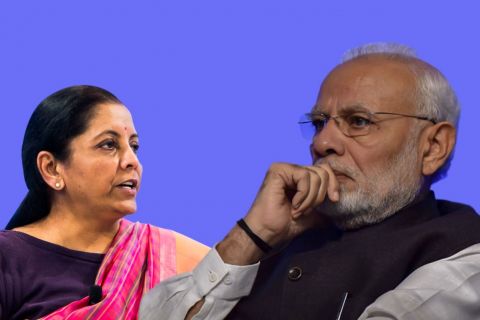High Number of Loan Applications Rejected by Indian Banks: Report
Indian government recently announced a package for ailing businesses and individuals due to COVID-19 lockdowns. Major part of the Indian Government’s helps to local business owners was credit guarantee given by the government. Many leaders from the ruling BJP also indicated the banks have been directed by the Finance Ministry to issue more credit to people in need. However, a fresh report suggests that banks are rejecting high number of applications from individual loan seekers.
The trend has been witnessed in both private sector and public sector banking, as per a report published by LiveMint. As per reports, consumers with low credit score are also facing rejections for their bank loan applications. People already having a lot of EMIs, are also facing higher rejection rate for fresh loan applications.
When the government had announced the credit guarantee scheme for easier loan processing, many economists had indicated that bank staff would be skeptical. There are many reasons for banks tightening the norms. First, many banks (especially public sector banks) are already facing a major trouble due to non-performing loans. Banks have been writing-off loans given to corporate houses over the last few quarters. This has also led to erosion in stock market valuation of banks. And, the balance sheet of majority of banks in India isn’t looking strong due to high NPA numbers.
Also, economists had indicated that it will take a lot of time for banks to get the money from Indian Government in case a borrower fails to return money. This will add further trouble for banks.
Additionally, bank management could also blame loan officers in case the borrowers aren’t in a position to return money. Indian banks charge hefty interest rates and it isn’t easy to return loans with such high rates when the economic activity isn’t strong enough. There is also a high chance of people using this opportunity to get money from banks with intention of not returning (as they don’t offer guarantee). This will also lead to higher scrutiny at banks before loans have been granted.
“Mortgage guarantee firms tie up with lenders to offer loan products. Both partners work out the eligibility criteria and other modalities related to the loan. As a mortgage guarantor can take more risk than a bank, such loan products have relaxed eligibility criteria. A borrower can get 20-30% higher loan amount," said Sovan Mandal, chief commercial officer, India Mortgage Guarantee Corp. (IMGC).
